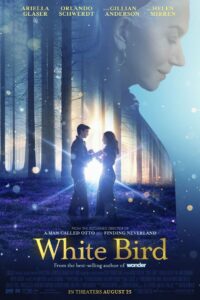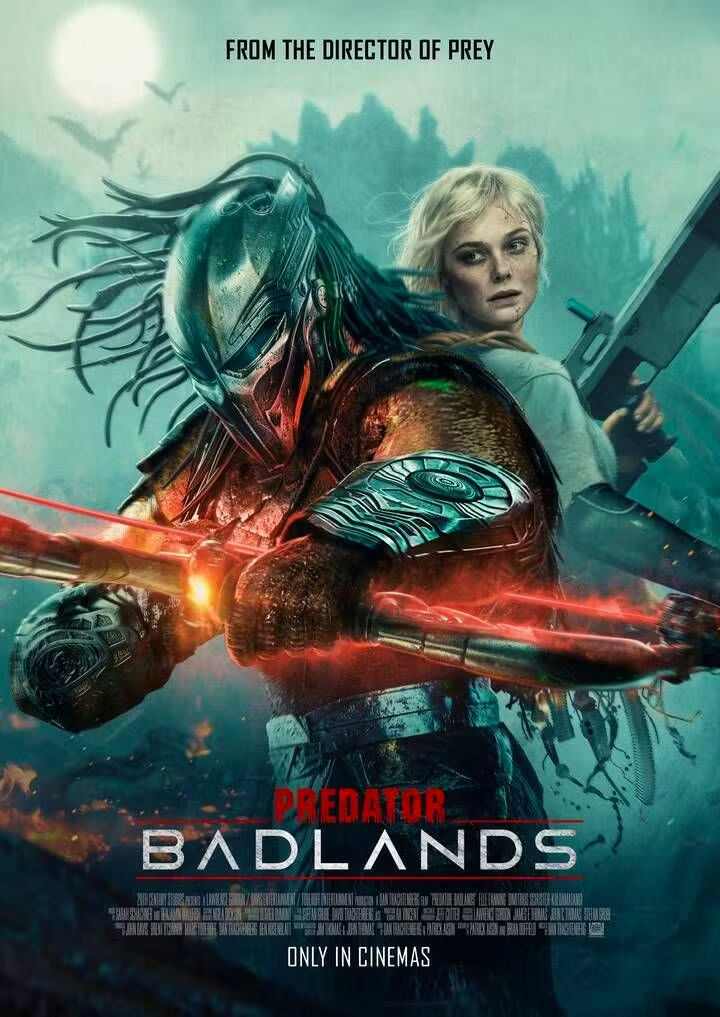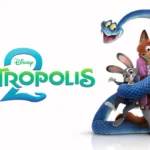
Wonder – White Bird
Alright, imagine it’s 1942 and we’ve got Sara, a 15-year-old living in Alsace, the part of France that isn’t totally swarmed by the Nazis yet. But German troops are creeping in more and more, making life pretty scary. Luckily, when bad stuff goes down like raids, Julien’s family steps up to help her hide. Julien’s this sweet guy dealing with polio—yep, not perfect hero material on paper—and initially Sara keeps him at arm’s length. But when you’re hiding from danger together for a long time, bonds form. Pretty soon, they’re really good friends.
Now there’s this movie based on their story but it kind of gets tangled because it sticks too close to the book. Director Marc Forster (you might know him from movies like “The Kite Runner”) noticed how well a film called “Wonder” did—remember that one with Julia Roberts and Owen Wilson? He tried to ride that wave with this movie too. It doesn’t quite click though; just trying to connect it through some flimsy ties ends up being more distracting than anything else.
See, “Wonder” came from a novel written by R.J. Palacio—who also wrote the graphic novel that inspired this film. But just because something works on paper doesn’t mean it’ll work on screen right away! Even directors who’ve done cool projects know that sometimes what you read can’t always come alive onscreen perfectly.
Give it a shot if you’re curious about stories from those tough times or want to see how unlikely friendships grow thick as thieves under dire circumstances—even if the movie doesn’t hit every mark perfectly!
This movie digs deep into a tough period in history when some French folks teamed up with the Nazi occupiers. It even highlights how young people could be as cruel, if not worse, than the Nazis themselves.
But here’s the thing—a few fantasy-like moments kind of throw off the seriousness of the whole thing. One example is Julien projecting images onto a wall where Sara’s hiding. That part’s okay, but there’s this wild scene with wolves that just feels out of place and totally unrealistic. Plus, there’s this ongoing bit about a bird flying free that sort of weakens what could’ve been a strong story line at its core: learning empathy between characters who once showed no mercy toward each other—like Sara laughing at Julien for having polio and then feeling his pain when she becomes an outcast herself.
It had the potential to be an amazing way to teach younger audiences about understanding and empathy, but it didn’t quite hit the mark like it should have.
To watch movies and TV shows online, please sign up with our partner, a legit streaming service.
Get Started ➔






